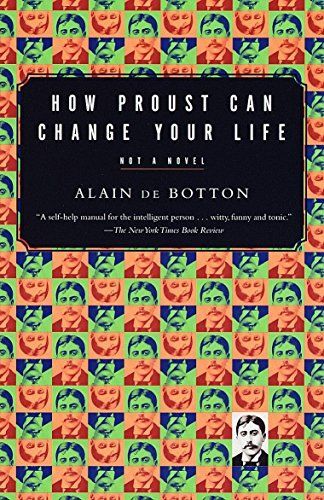
Reviews
Karmen @karmentorralba
Matthew Royal@masyukun
Capucine Fachot@capucine
Clara Jo@clarajohenry
Lance Willett@lancewillett
Artas Bartas@artas
Heather M@meremoi
Denis@denis
siddharth chowdhury@sydrth
Mina@minabookworm
Elena Kuran@elenakatherine
Karolina Klermon-Williams@ofloveandart
Jo A@thecupofjo
Aidan@aidan
Andy Bosselman@helloandyhihi
Sarah Schumacher@smschumacher
Nikita @nikitad
Tara C@champagnedreams
Avi@avikumarnd
Fallstreak@fallstreak
Félix@felyxorez
Mounir Bashour@bashour
Ivan Zarea@ivaaan
Alexander Lobov@alexlobov